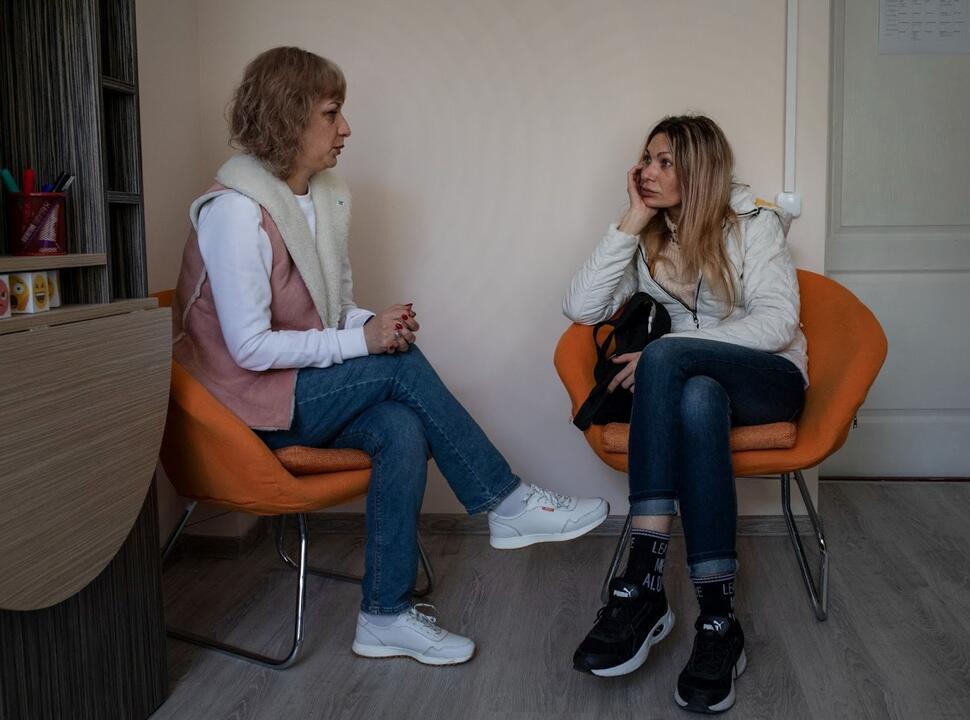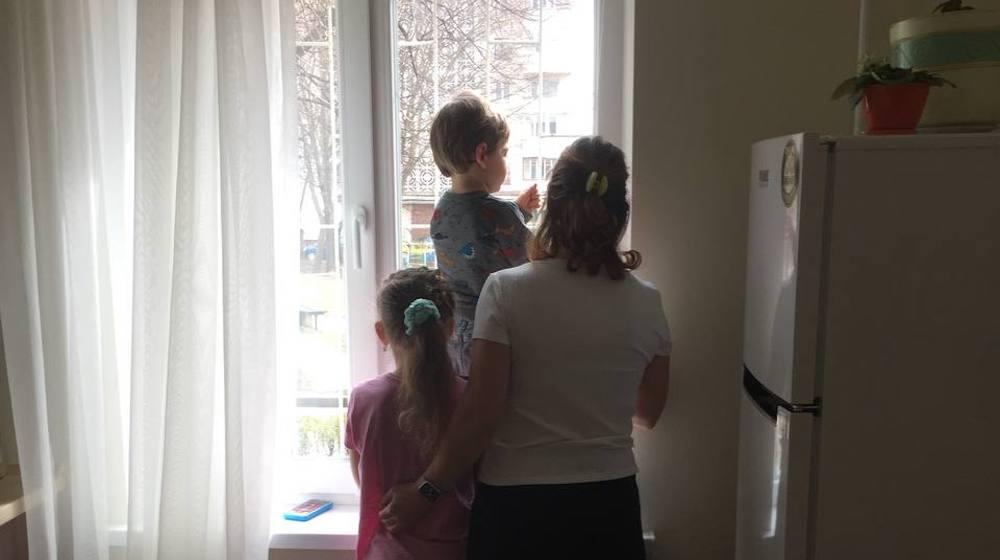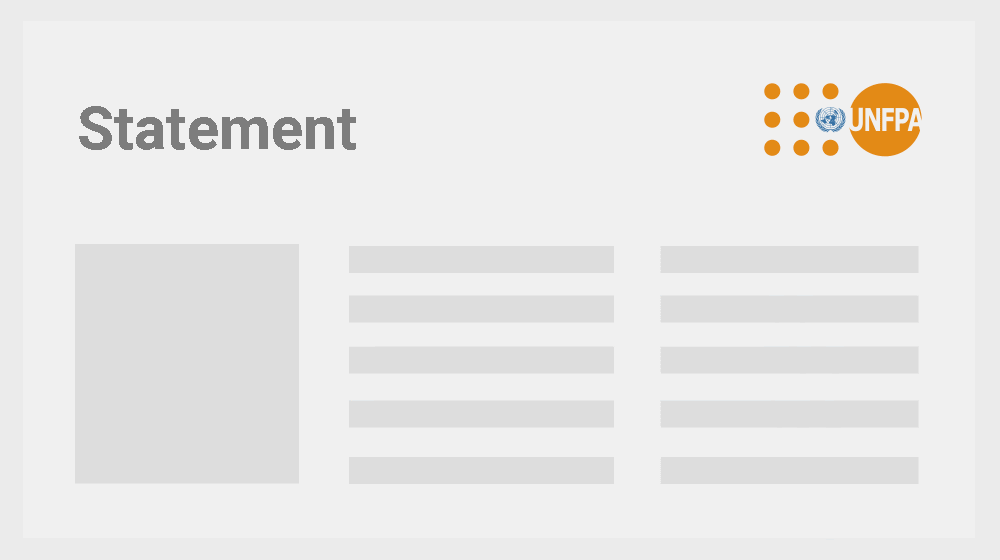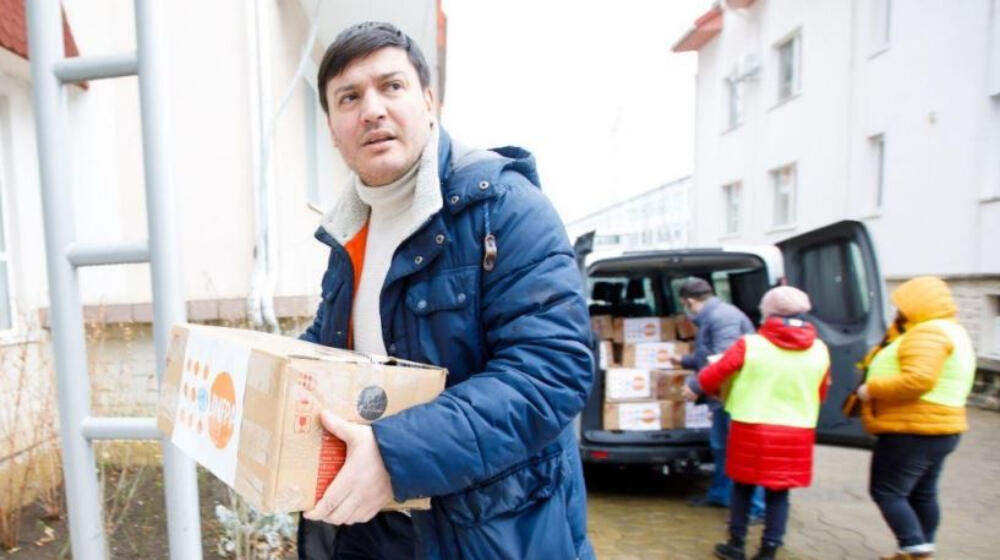Ukraine
As the war in Ukraine hits a grim milestone – 1,000 days of conflict as of 19 November – it continues to take a heavy toll on millions of women and girls, exacerbating the risks of gender-based violence, sexual exploitation and abuse, while eliminating livelihoods and increasing poverty levels.
Intensified attacks and destruction of civilian infrastructure, particularly energy infrastructure, are causing a severe strain on social service systems. Constant shelling is also having a serious impact on stress levels and mental health for Ukrainians, contributing to an increase in complications during childbirth.
About 14.6 million people in Ukraine and 2.2 Ukrainian refugees in European countries are in need of health assistance, gender-based violence prevention and response, and other services. The recent escalation of violence has worsened existing gender-based violence risks and created new ones, including conflict-related sexual violence and risks of sexual exploitation in refugee-hosting countries.
Displacement and the large-scale destruction of infrastructure have left critical forms of support out of reach for many, including health care facilities and services for survivors of violence. The number of Ukrainian refugees has increased to more than 6.7 million, with 93 percent in Europe. Within Ukraine, an estimated 3.7 million people are internally displaced, facing challenges such as limited access to income, family separation and insecurity, war trauma and psychological distress.
In support of the Government of Ukraine, and with partners, UNFPA is working to restore and expand life-saving reproductive health and protection services, while supporting job-training programmes that address the demographic shifts and expand participation of women in the workforce. Mobile teams are providing psychosocial support to people in need in hard-to-reach areas of the country. Survivor relief centres, safe spaces and online services are being expanded to support survivors of violence, including conflict-related sexual violence. Mobile gynaecological units take health services to women in remote parts of Ukraine, and a maternity unit in Kharkiv ensures that pregnant women have access to emergency obstetric care.
UNFPA is also supporting barrier-free gynaecological surgery rooms for women with disabilities, including in high-risk areas. In addition, UNFPA is supporting the development of maternity ward bunkers and mobile incubators to provide life-saving support during live shelling and power outages — as well as providing vital pharmaceutical supplies to maternity hospitals.
UNFPA is also present in the Republic of Moldova and other neighbouring countries, responding to the protection and health needs of refugees, including women, girls and young people.
UNFPA urgently requires long-term, flexible funding to address the needs of those affected in Ukraine and neighbouring countries, including for reproductive health supplies and the deployment of additional personnel for the provision of essential services. In 2024, UNFPA is appealing for $105 million. This includes $75 million for Ukraine and $30 million for the refugee response in neighbouring countries. So far, UNFPA has raised $61 million, leaving a funding gap of $44 million.
Updated 13 November 2024


_0.gif)

.gif)




